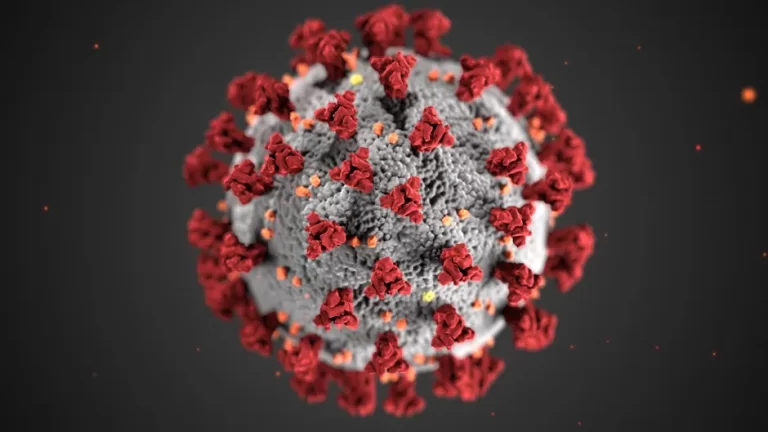
The WHO says nearly 500 million people have been infected since March 2020, and new variants are still a threat two years after declaring COVID-19 a pandemic.
Two years ago, WHO declared COVID-19 a pandemic.
Six weeks after the virus was declared a global health emergency, there were less than 100 cases and no deaths outside China.
Two years later, over six million died.
‘The pandemic is far from over – and it will not be over until it is over everywhere,’ WHO Director General Tedros Ghebreyesus said on Wednesday.
Ghebreyesus reminded journalists in Geneva that many Asian and Pacific countries are currently experiencing epidemics of cases and deaths.
“The virus is evolving, and we are still having difficulty distributing vaccines, tests, and treatments,” he said.
Read Also: ECOWAS Parliament Seeks Precautionary Measures Against Covid-19
On Wednesday, UN Secretary-General António Guterres echoed the WHO chief’s assessment that it would be ‘a grave mistake’ to think the virus was gone.
Vaccine distribution remains “scandalously unequal,” Guterres said.
It is estimated that nearly three billion people are still waiting for their first shot.
According to the UN chief, this “failure” is due to policy and budget decisions that prioritize the health of wealthy nations over those in poverty
“This is a moral indictment. It also means more variants, lockdowns, sorrow, and sacrifice in every country. “Our world cannot afford a COVID-19 two-tier recovery”.
Despite other global crises, Guterres added, the world must reach the goal of vaccinating 70% of people by the end of the year.
“Science and solidarity have proven unbeatable. “We must recommit ourselves to ending this pandemic once and for all for all people and countries,” he said.
His concern was the ‘dramatic reduction’ of testing in several countries.
“We can’t see where the virus is, how it spreads, or how it evolves,” he warned.
A ‘recombinant strain’ has been detected in Europe, according to COVID-19 Technical Lead Maria Kerkhove.
In France, the Netherlands, and Denmark, it has been detected, but at low levels, she said, calling for more testing and sequencing globally.
Kerkhove said the recombinant was expected given Omicron and Delta’s high circulation.
“In some countries, such as Europe, the wave of Delta had already passed, so circulation was low when Omicron emerged,” she said.
Scientists have seen no change in COVID-19 severity with this strain, but studies are still ongoing.
“Unfortunately, recombinants are expected because viruses evolve over time. “We are seeing high levels of circulation; this virus is affecting animals and may return to humans,” she warned.
Read Also: Federal Executive Council Approves Issuance Of Quality Certificates For N1 Billion In ICT Projects
Kerkhove urged countries to strengthen surveillance and sequencing systems rather than dismantling them to tackle new threats.
She also called for a layered approach to public health tools.
“The pandemic is far from over; we must focus on both saving lives and halting its spread. “We cannot allow such rapid virus spread,” she said.